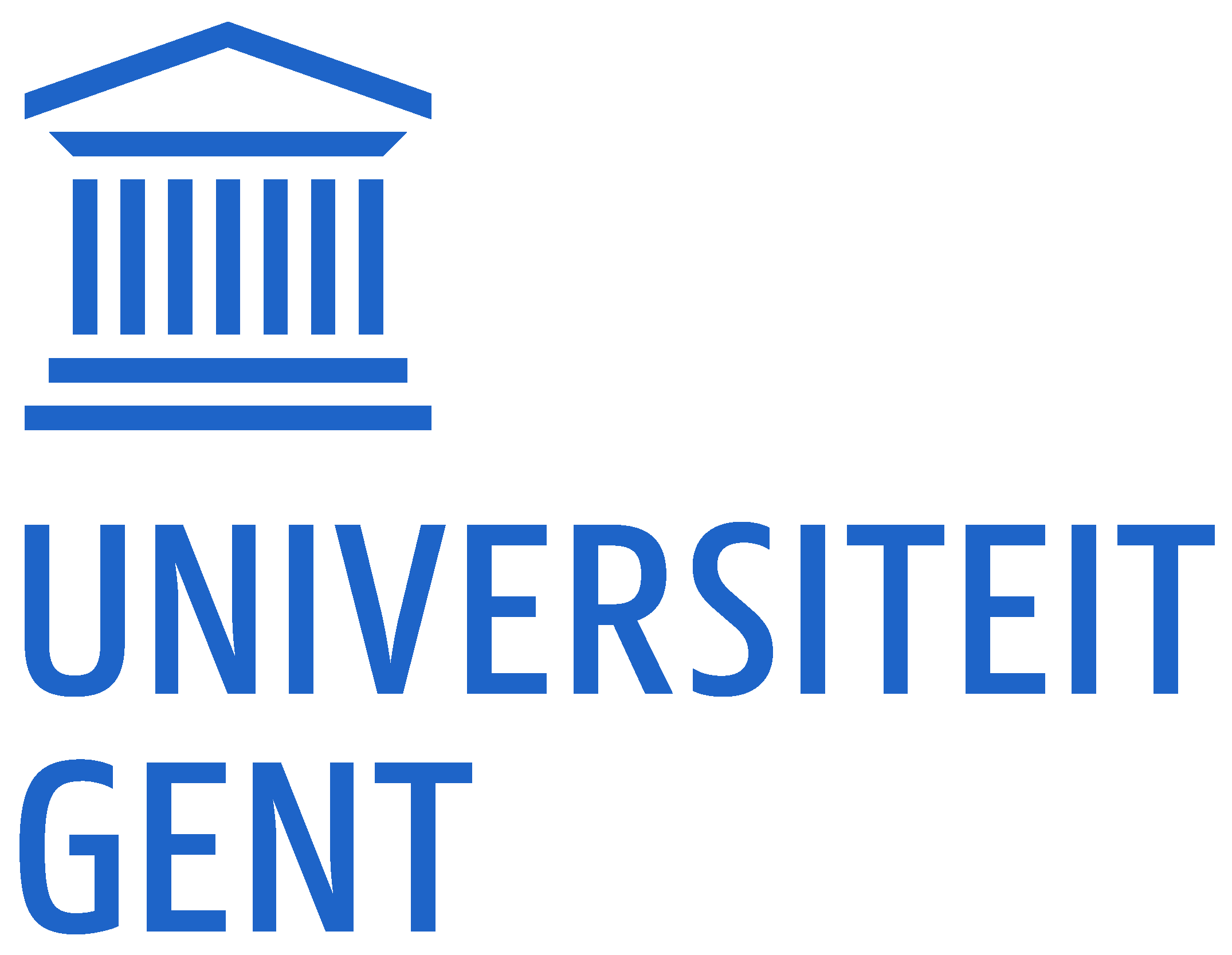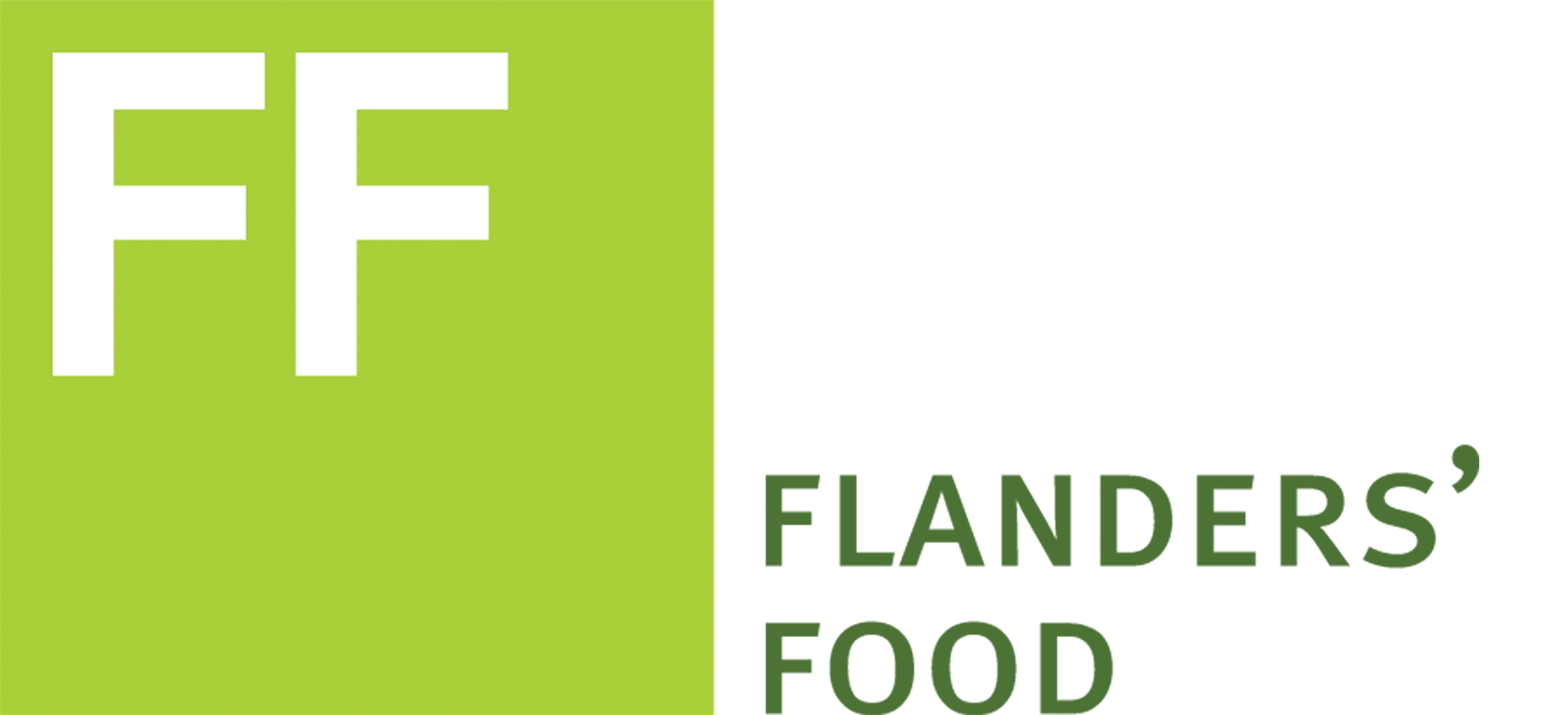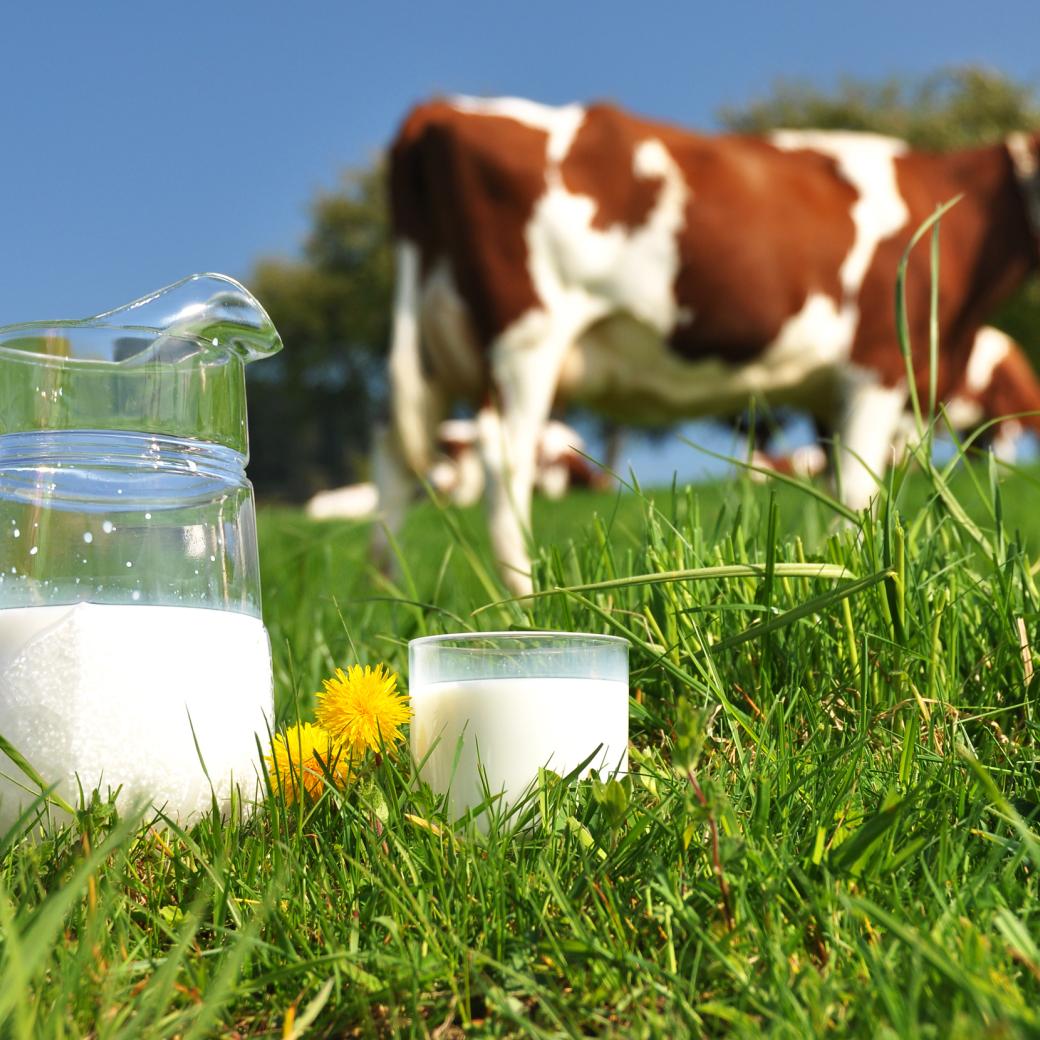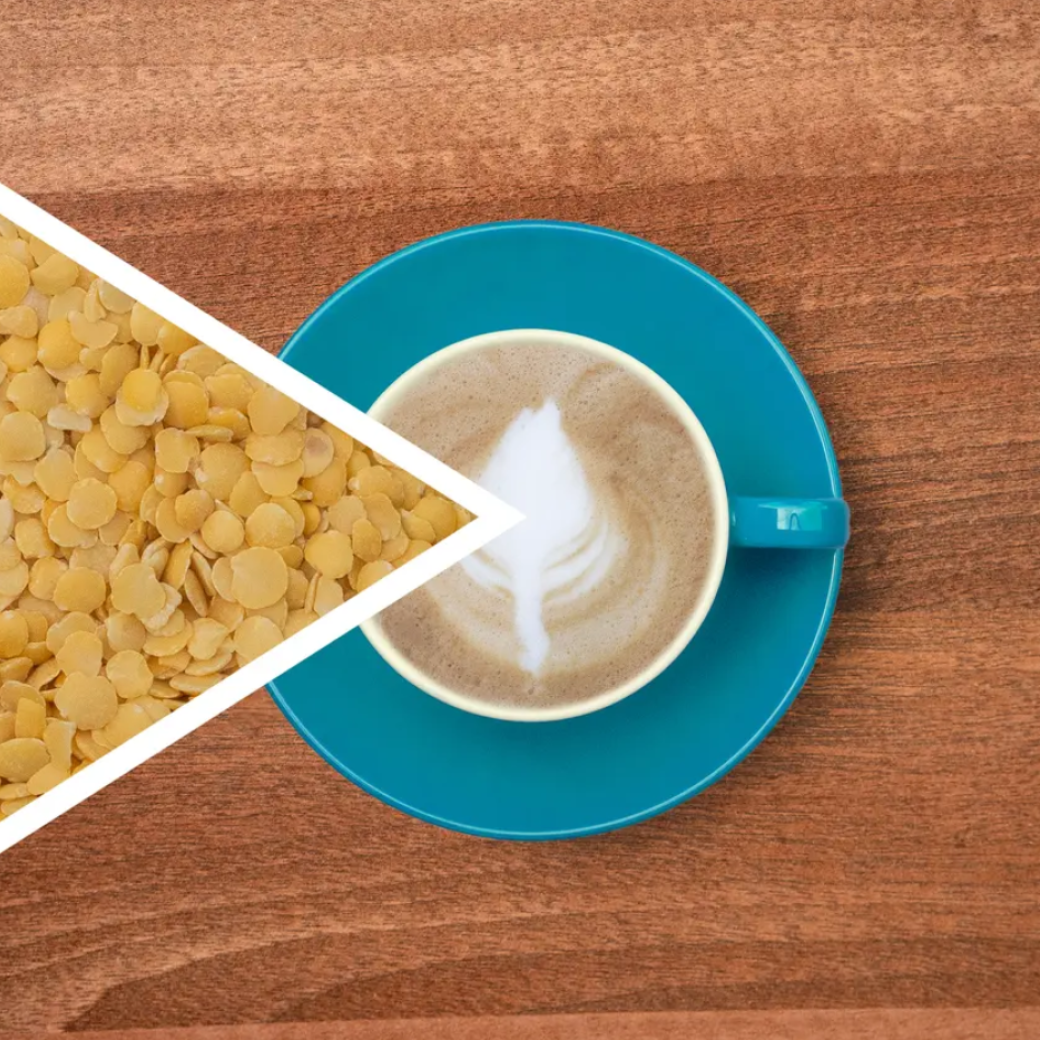HappyCliMi
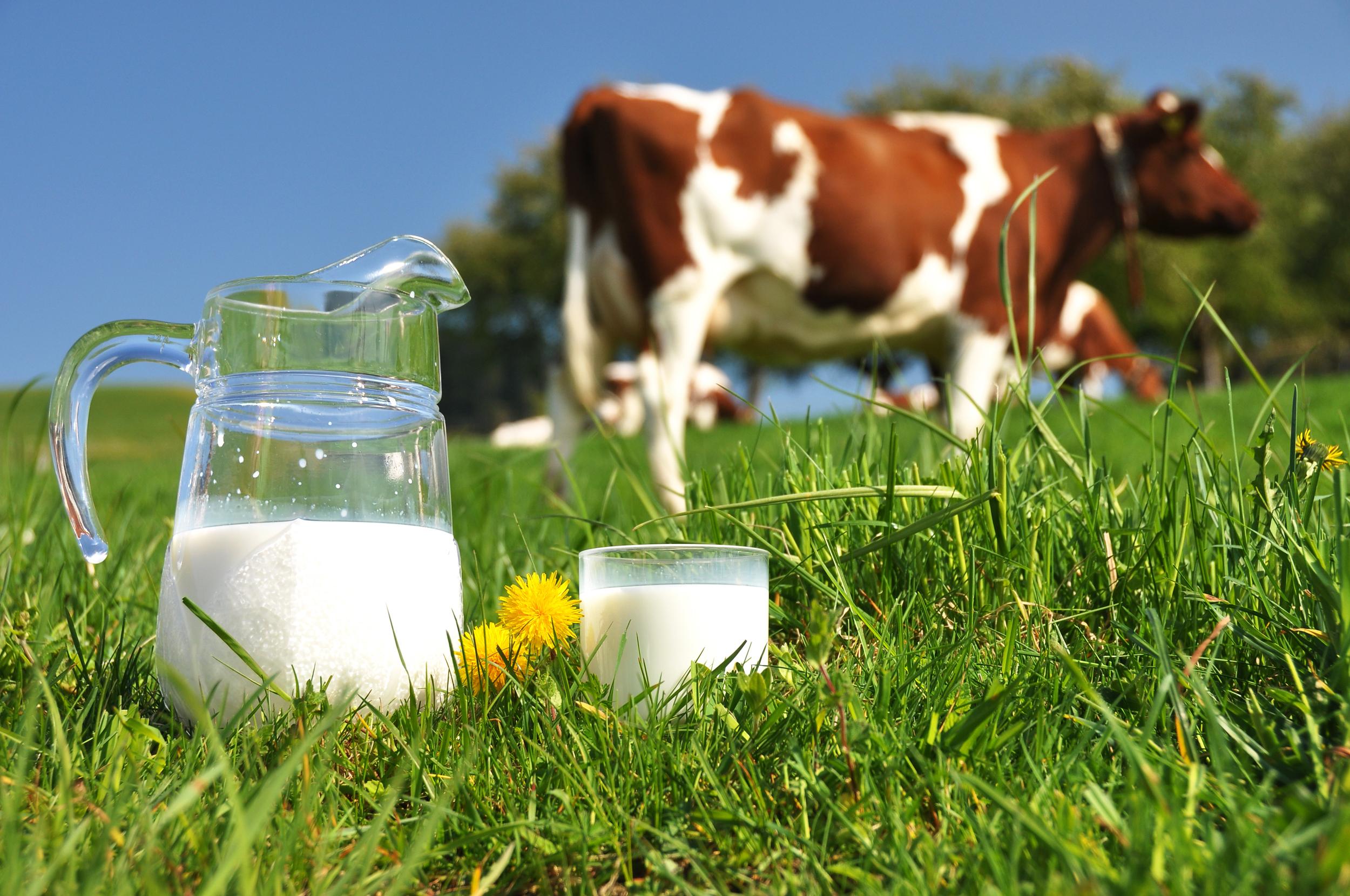
Brewer's spent grain (BSG) or draff, rapeseed meal and other by-products for methane reduction in dairy cattle
Why this project?
The demand from the dairy farming sector for methane reduction is compelling due to, among other things, European legislation and its translation into a Flemish covenant that aims to reduce enteric emissions by 19% by 2030 (compared to 2005). In the first instance, the project is aimed at the 5606 dairy farms that can achieve a reduction in methane emissions through proper management and the necessary adjustments to the diet. Secondly, the project is relevant to the Belgian dairy industry: in 2019, 4.6 billion litres of milk were processed, which puts Belgium in fourth place of the strongest growers in Europe. Adjustments to diet must not have an impact on this growth or on milk quality, production and production efficiency.
For certain by-products from the agri-food industry, such as rapeseed meal and beer draff, a methane reduction has already been measured in vivo when these products are mixed into animal feed. Tests on dairy farms must translate these results into targeted instructions and information for dairy farmers in order to fulfil the objective of the Flemish covenant in the short term.
Research approach
HappyCliMi is a collective research and dissemination project for the primary sector (type LA trajectory) in which the application of rapeseed meal and draff in feed rations for dairy cattle is tested in practice and the underlying mechanism is investigated.
In the project, other new raw materials and by-products, available in Flanders, are also screened in vitro for their methane-reducing potential in dairy cattle. This concerns algae, insects, microbial protein and by-products from wine or leek cultivation. These raw materials will be screened in vitro for their potential in a methane-reducing diet. Where possible, links will be made within the Flanders' FOOD network with companies offering interesting by-products or raw materials in this context.
Project partners
Flanders’ FOOD manages and coordinates the project. The implementation is in the hands of the Institute for Agricultural, Fisheries and Food Research (ILVO), Innovation Support Centre and Ghent University.
Participation?
The project started in April 2021 and will end in March 2025 (4 years). Do you want to become a member of the user group? Contact the project manager for more information and the terms and conditions.
Articles

Sustainable animal feed from sweetcorn cobs: meet Trotec


